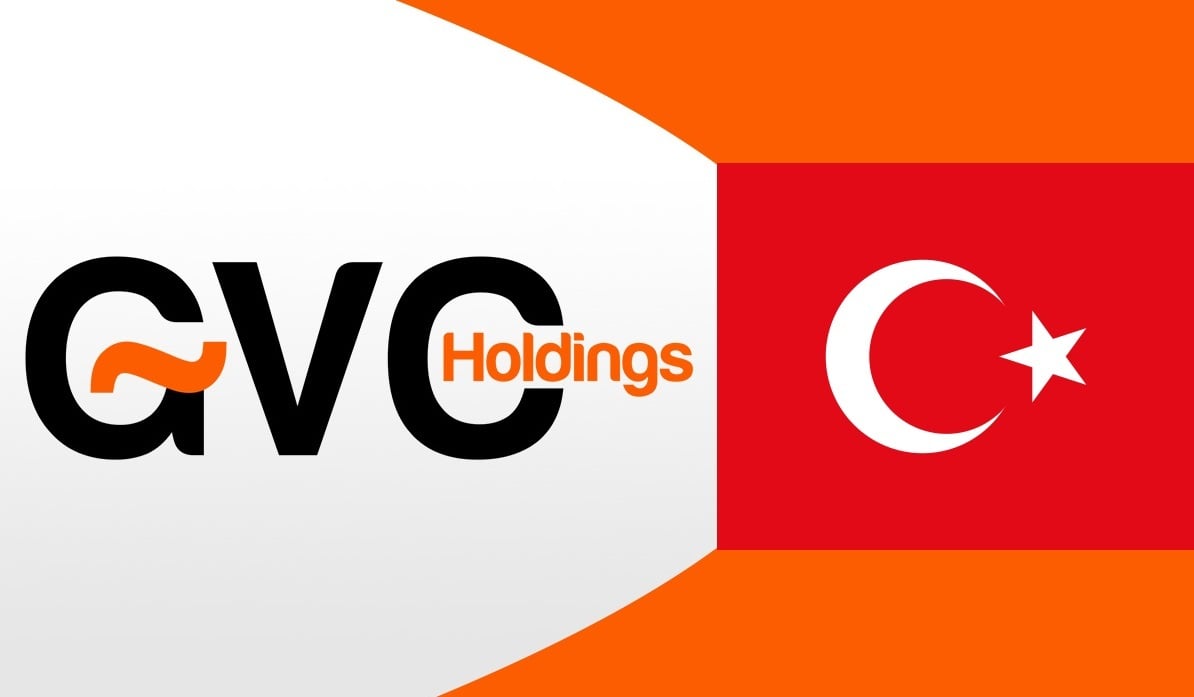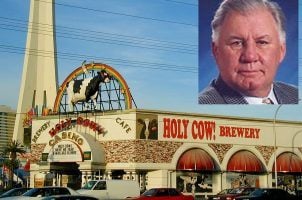GVC Responds to Controversy Over Former Turkish Ops as Shares Nosedive
Posted on: July 9, 2019, 12:34h.
Last updated on: July 9, 2019, 12:34h.
GVC has hit back at reports questioning the 2017 divestiture of its Turkish arm following the revelation that the controversial operation was offloaded to a long-time associate and current business partner of Kenny Alexander, GVC’s CEO.

It was known at the time that the British online gambling giant had let the business go for free because it was concerned the illegal nature of online gambling in Turkey could raise reg flags to regulators scrutinizing its $4 billion takeover of Ladbrokes Coral and potentially dissuade investors from providing financial backing.
But The Sunday Times has suggested the previously unknown and apparently cozy relationship between buyer and seller might continue to provide regulatory pitfalls for GVC as it takes on the US markets.
The board today re-iterates the fact that subsequent to the disposal of the group’s Turkish-facing business, GVC has no activity either directly or indirectly linked to the Turkish market,” the company said in an official statement Monday.
The Times first reported the connection between Alexander and business partner Ron Watts over the weekend. Watts is one of three principal owners of Rospo Malta Ltd, now called Dochandoris Ltd, which took over the reins of the unregulated Turkish business because it was a potential impediment to the Ladbrokes deal.
Tempest in a Teapot?
But according to The Times, Alexander and Watts have known one another since at least the early 2000s when they both joined online gambling company Sportingbet at a similar time. Watts and Alexander are also listed as the two joint owners of Kenron Ltd, which runs New Hall Stud Farm in Ayrshire, Scotland.
But the GVC board said there was nothing shady about the deal, which was “subject to an arms-length competitive process, overseen by Houlihan Lokey investment bank” and “fully disclosed” to the relevant authorities.
Moreover, GVC said the divestiture wasn’t even its idea. It was a specific condition of the acquisition of Ladbrokes that had been recommended by the Ladbrokes Coral board of directors.
“…the [GVC] board also categorically refutes suggestions that the group, or senior management, continue to benefit from any operations servicing the Turkish market,” it added.
It’s a more measured response to the one offered when it was first approached by The Times, which was that it was “not prepared to fuel your nonsense.”
Market Jitters
Despite GVC’s rebuttal, by Tuesday afternoon its shares had tumbled as much as 10.9 percent on the London Stock Exchange, as investors fretted that the issue could affect the company’s assault on the US sports betting markets.
During a license application hearing in May, GVC representatives, including Alexander, were grilled by the Nevada Gaming Control Board about the former Turkish operations in particular. The company emerged with a provisional license rather than the full license it had sought, which will be reviewed in two years’ time.
GVC has partnered with MGM in a $400 million US sports betting venture, an operation that could be jeopardized by any future trouble with US state regulators.
Related News Articles
Star Entertainment Accepts Failures at NSW Casino, Waits for Ruling on Future
Most Popular
IGT Discloses Cybersecurity Incident, Financial Impact Not Clear
What ‘Casino’ Didn’t Tell You About Mob Wife Geri Rosenthal
Caesars Virginia in Danville Now Accepting Hotel Room Reservations
Fairfax County Officials Say No NoVA Casino in Affluent Northern Virginia
Most Commented
-
Caesars Virginia in Danville Now Accepting Hotel Room Reservations
— November 27, 2024 — 6 Comments -
VEGAS MYTHS RE-BUSTED: Casinos Pump in Extra Oxygen
— November 15, 2024 — 5 Comments -
LOST VEGAS: The Historic Holy Cow Casino
— November 29, 2024 — 4 Comments
















No comments yet